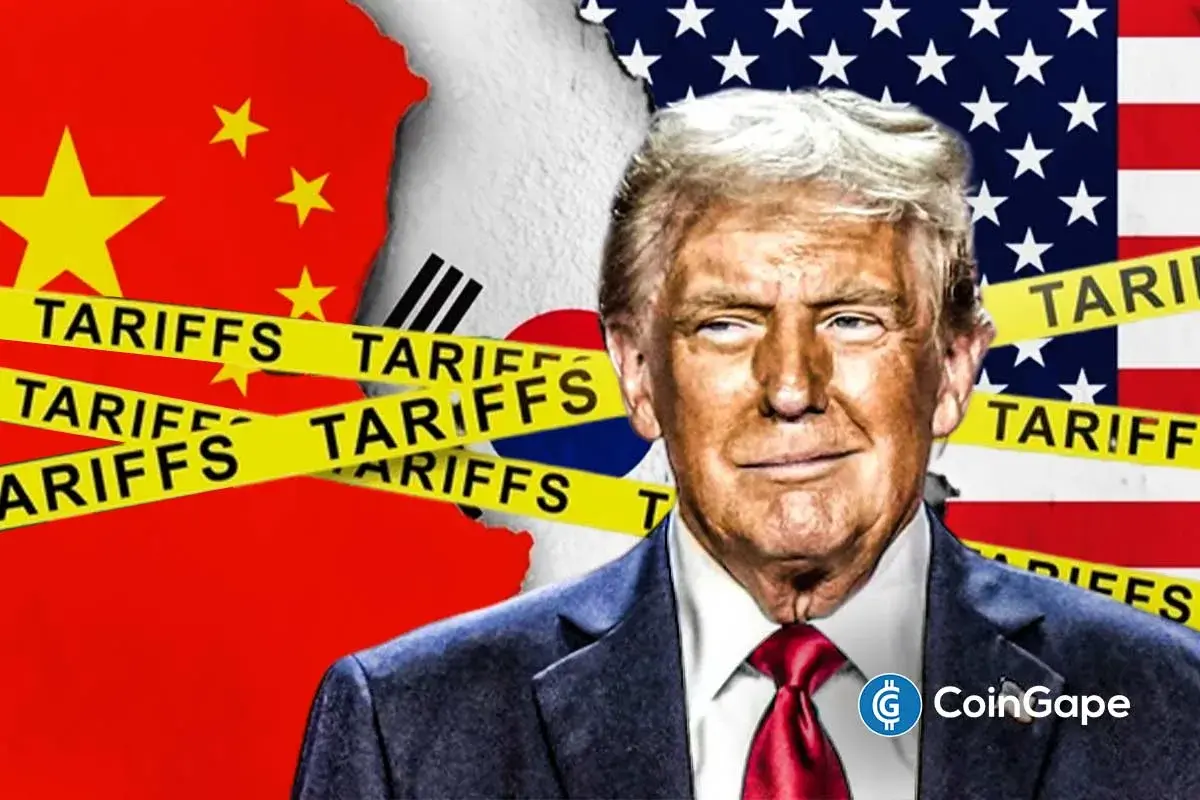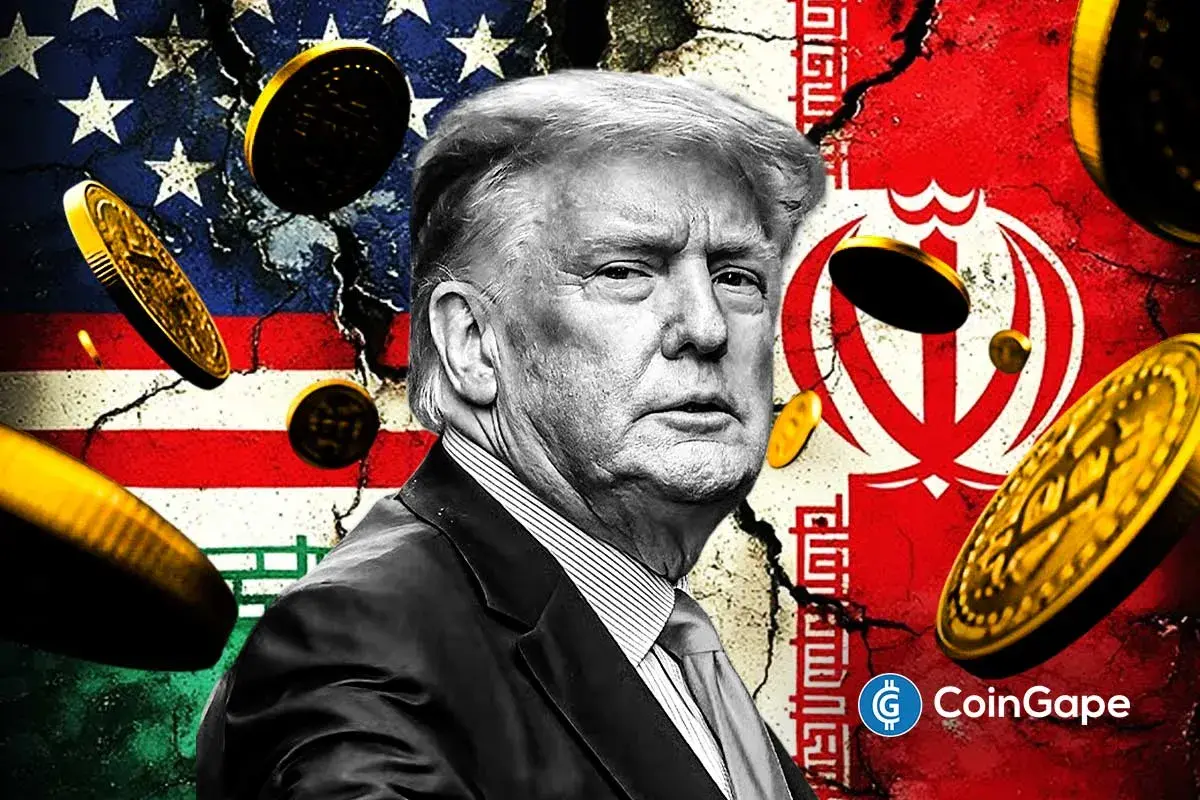Trump Tariff: China Resumes U.S. Imports After Agreement With South Korea

Highlights
- China purchased three cargoes totaling 180,000 metric tons of U.S. soybeans.
- The move is seen as a symbol of easing trade tensions ahead of the leaders’ upcoming summit.
- South Korea and the United States finalized a tariff reduction and investment agreement, lowering U.S. duties on Korean goods to 15%
Trump tariff tensions have begun to ease as China resumed purchasing U.S. agricultural products for the first time in months ahead of the meeting between the countries’ Presidents on Thursday. This comes as the United States and South Korea also reached an agreement on their trade deal.
China Reopens U.S. Soybean Imports Ahead of Trump-Xi Meeting
According to Reuters, China’s state-owned grain giant COFCO has purchased three cargoes of U.S. soybeans, roughly 180,000 metric tons. This marks the first such imports from this year’s American harvest.
The timing of the deal comes just days before the Trump-Xi meeting. The agreement is being interpreted as a goodwill gesture as both nations seek to de-escalate tariff tensions.
The purchases led to optimism among U.S. farmers, who have faced billions in losses since the onset of the Trump Tariff conflict. This drastically curtailed Chinese demand for American produce. Benchmark Chicago soybean futures surged to a 15-month high on the news, rebounding from multiyear lows.
“This is the first real sign of movement,” said a Shanghai-based commodity analyst. “While the purchase volume is modest, it signals that Beijing may be testing the waters for further engagement ahead of the summit.”
Analysts caution that the large-scale Chinese buying is unlikely in the short term. They point out that China has already secured most of its near-term soybean supply from South America.
This development comes as the trade tensions between the countries have begun to ease. Notably, Treasury Secretary Scott Bessent met Chinese Vice Premier He Lifeng in Kuala Lumpur, where both sides reportedly agreed on key principles for de-escalation.
U.S. and South Korea Seal Trade Pact
The move from China follows another diplomatic win for Washington. During President Trump’s visit to South Korea, the two countries finalized a trade deal that had been stalled for months.
South Korean President Lee Jae Myung’s chief of staff, Kim Yong-beom, confirmed the agreement during the APEC summit. He noted they had secured key Trump tariff reductions and new investment terms.
Under the revised terms, the United States will reduce import tariffs on South Korean goods from 25% to 15%. At the same time, South Korea will commit to investing up to $20 billion annually in American industries, including shipbuilding. The agreement also allows for a further $150 billion in long-term infrastructure investments across U.S. operations.
“This deal ensures a more balanced partnership,” Kim said. He added that investment disbursements will be linked to project progress and overseen by a joint management team. Profits from these ventures will be split equally until the principal and interest are fully recovered.
This comes after Trump earlier this year reignited tariff disputes with South Korea, imposing a 25% duty on selected imports. This move drew sharp responses from regional partners and briefly unsettled global markets.
Play 10,000+ Casino Games at BC Game with Ease
- Instant Deposits And Withdrawals
- Crypto Casino And Sports Betting
- Exclusive Bonuses And Rewards

- Peter Brandt Flips Bullish, Predicts Bitcoin Rally As Price Holds Above $70k
- XRP News: Institutional Use Case Expands as Doppler Finance Integrates WXRP for Multi-Chain Access
- Trump Tariffs: Bitcoin Faces Fresh Headwinds as 15% Global Tariffs Begin This Week Amid Iran War
- Bitget Unveils ‘Crypto Anti-Bias Pledge’ To Support Women’s Inclusion In Crypto
- U.S.-Iran War: Crypto Market Rebounds as Iran Reportedly Reaches Out To U.S. To End Conflict
- Dogecoin Price Outlook as BTC Recovers Above $73,000
- XRP Price Prediction as Iran-U.S. Peace Talks Trigger a Crypto Rally
- COIN Stock Analysis as Bitcoin Retests $72k Ahead of February NFP Data
- Robinhood Stock Price Prediction As Cathie Wood Buys $12M Dip in Bold ARK Move
- Bitcoin Price At Risk? Professor Who Predicted US-Iran War Says America Could Lose
- Gold Price Prediction March 2026: Rally, Crash, or Record Highs?

 Buy $GGs
Buy $GGs

















